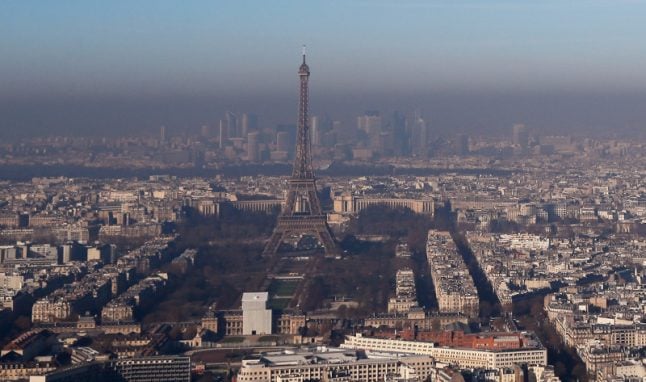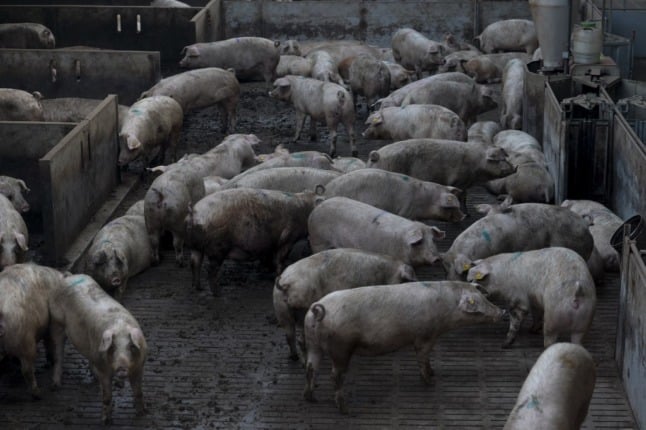Authorities in Paris have decided to restrict vehicle use on Tuesday by imposing alternating traffic in the capital and its surrounding suburbs after air pollution once again reached high levels in the region.
Only cars with an even number registration plate (the first set of numbers), electric or hybrid vehicles and vehicles with more than three people on board are allowed to drive on Tuesday.
The rule does not impact vehicles used for ride sharing, emergency vehicles or vehicles used for delivering food or foreign vehicles.
Authorities have also made public transport free across the city in a measure that could cost them up to €4million.
#Pollution : mise en place de la #circulationalternee dans #Paris et les 22 communes limitrophes mardi 6 décembre pic.twitter.com/L6eOYMmSxk
— Préfecture de police (@prefpolice) December 5, 2016
However, Tuesday morning saw serious delays to the RER B commuter line, due to electrical faults between Gare du Nord and CDG airport. Line A also saw disruptions.
The RATP said the disruptions on the RER B line would last until 6pm between Gare du Nord and the airport, and until Wednesday morning between the airport and Aulnay-Sous-Bois.
Trafic interrompu entre Gare du Nord et Aeroport CdG / Mitry-Claye jusqu'à 18h00. #RERB (rupture caténaire) 1/2
— RER B (@RERB) December 6, 2016
And the roads, which were supposed to be less busy than usual, saw 370 kilometres worth of traffic jams at around 9am.
If pollution levels don't improve then the restrictions will be imposed on Wednesday except it will be the turn of odd numbered vehicles to be able to drive.
Police promise tough measures against drivers who ignore the restrictions, including the impounding of vehicles. Most will be hit by €22 fines or €35 if they don't pay upfront.
Some 140 police check points will be set up around the city to catch “odd” drivers.
Residential parking is free and speed limits on most roads have been reduced to 20km/h.
#PicDePollution ==> Les transports en commun seront gratuits en @iledefrance demain, mardi 6 décembre 2016 pic.twitter.com/B9oXbxSZIy
— Région Île-de-France (@iledefrance) December 5, 2016
Paris Mayor Anne Hidalgo has taken various measures to improve air quality in the city including a plan to diesel vehicles and bar older heavy goods vehicles from the centre of the city.
On Tuesday Hidalgo called on citizens to use clean modes of transport such as Velib and Autolib, which are public sharing services for bicycles and electric cars during “this particularly long episode of air pollution”.
The Airparif Association, an environmental body responsible for monitoring air quality of Ile-de-France, expected the pollution index to be high on Tuesday due to increased pollutant of PM10, particulate matter measuring less than 10 microns – considered the most dangerous to people's health.



 Please whitelist us to continue reading.
Please whitelist us to continue reading.
Member comments